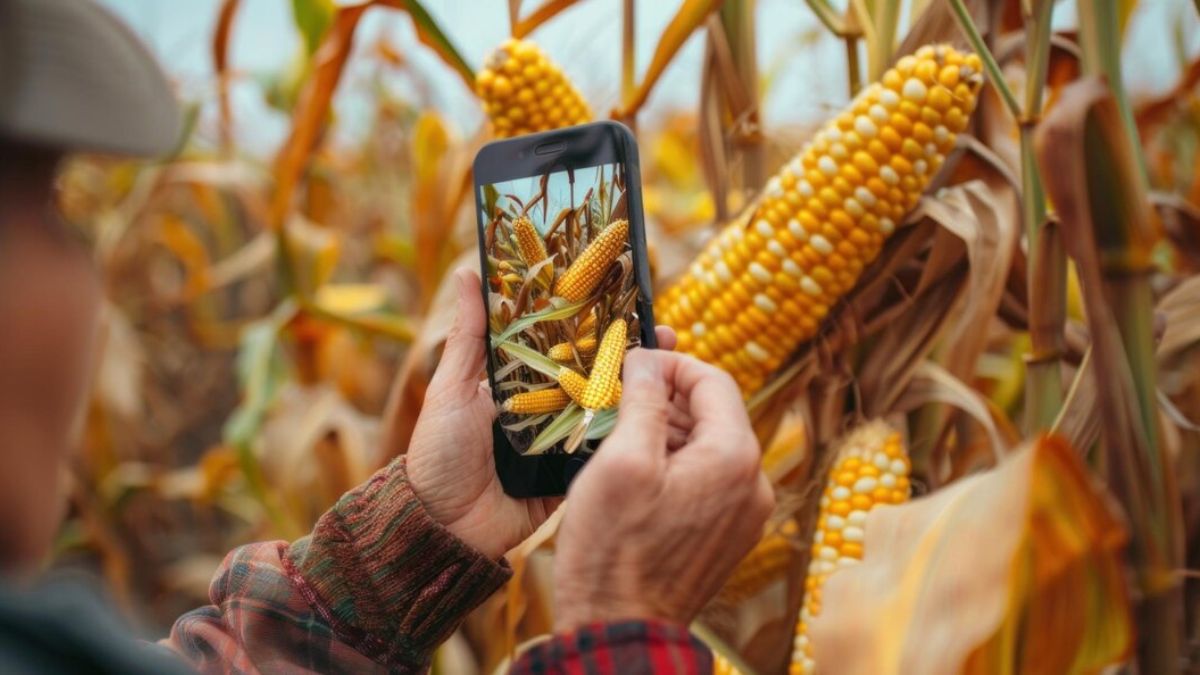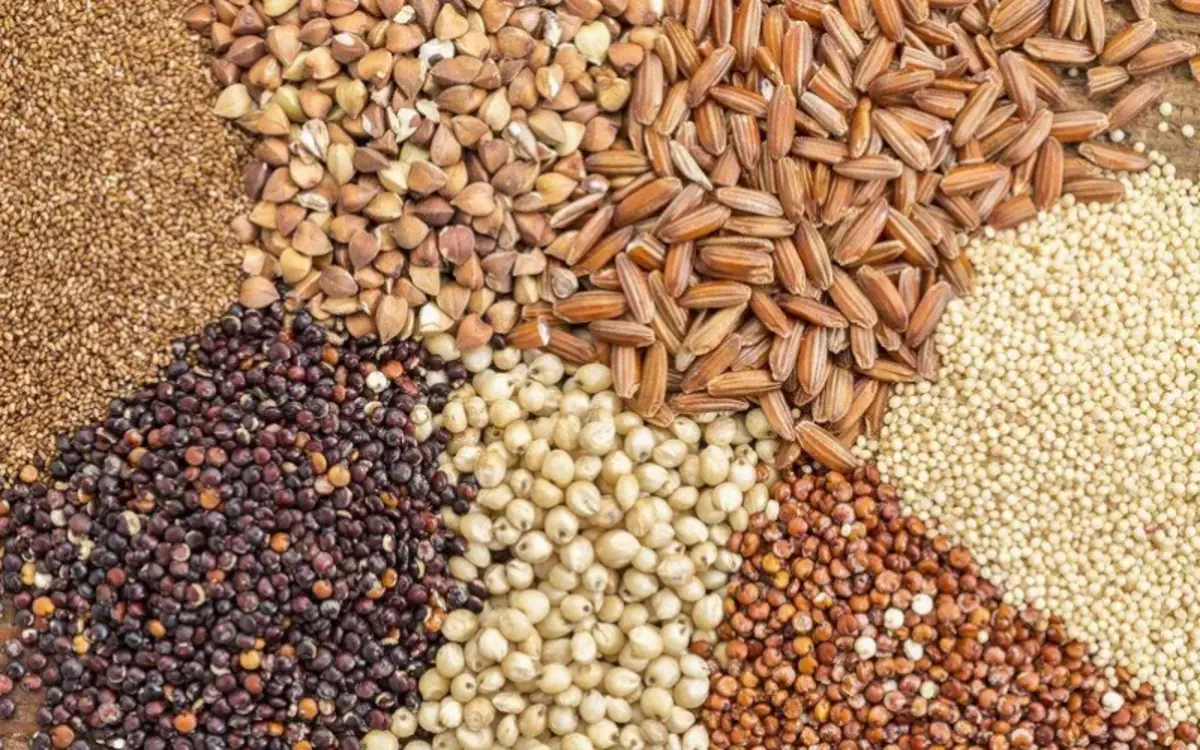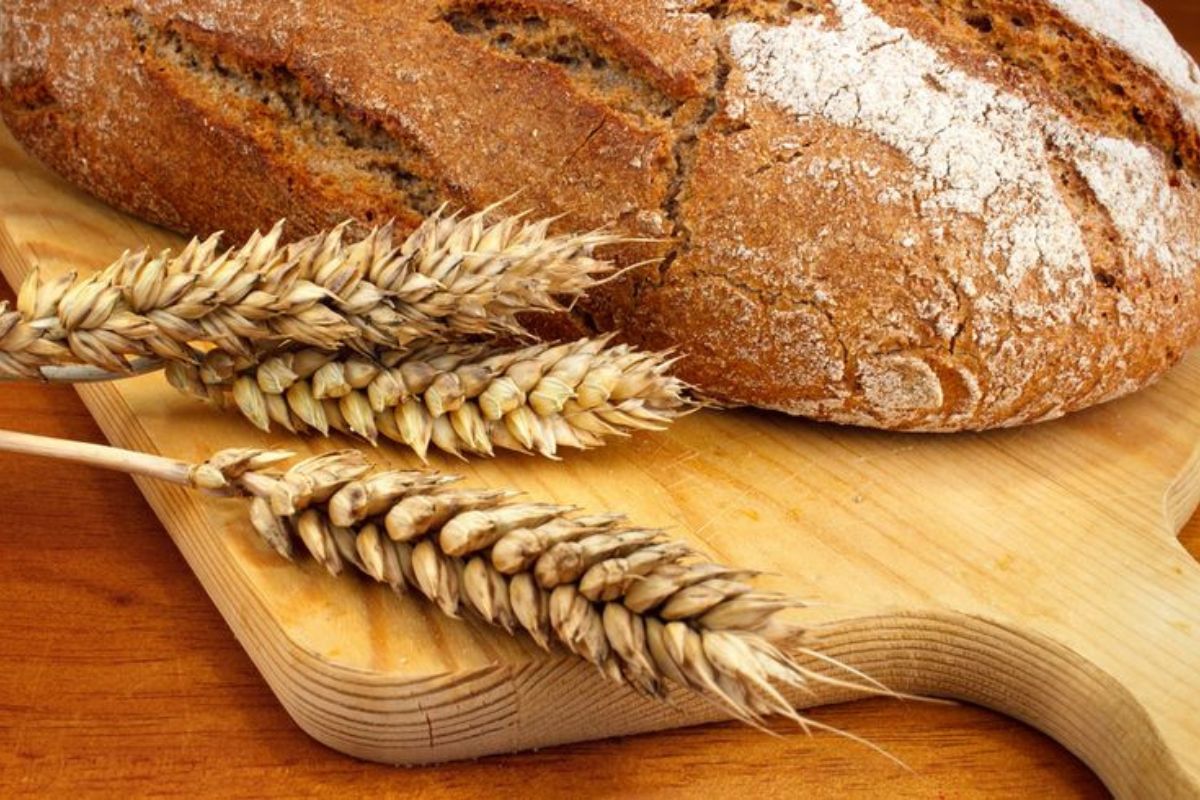The concept of FPO corn, short for Farmer Producer Organization corn, represents a transformative shift in agricultural practices aimed at improving the livelihoods of small and marginal farmers. FPOs have become a critical platform for bringing together groups of farmers to collectively tackle challenges in agriculture, enhance productivity, and market their produce more efficiently. In the case of FPO corn, these farmer groups focus on the cultivation of corn through collective effort, improving both production and profitability while promoting sustainable farming practices.
What is FPO Corn?
FPO corn refers to corn grown and marketed by Farmer Producer Organizations (FPOs), which are cooperatives or associations of small and marginal farmers. These groups form to achieve better economies of scale, access modern farming technology, and sell their produce at competitive prices in the market. The collective strength of an FPO allows farmers to overcome many of the challenges faced individually, such as high input costs, lack of access to credit, and difficulties in marketing their products.
By working as a group, FPO members can take advantage of pooled resources, such as purchasing high-quality seeds, machinery, and fertilizers at lower prices. They also benefit from knowledge-sharing, training on modern farming techniques, and better access to markets, resulting in improved production and income.
The Role of FPOs in Corn Production
Corn is a staple crop in many countries, and its cultivation requires modern agricultural techniques for optimal yields. FPOs play an essential role in corn production by:
- Providing Access to Quality Inputs: Through their collective bargaining power, FPOs can secure quality seeds, fertilizers, and other inputs at lower costs for farmers, reducing their production expenses.
- Training and Capacity Building: FPOs often provide training on sustainable and climate-resilient farming techniques. This helps farmers adopt better farming methods, improve yields, and produce corn more efficiently.
- Enabling Market Access: One of the key advantages of FPOs is their ability to provide farmers with better market access. Rather than selling their corn individually at lower prices, FPOs allow farmers to sell in bulk, negotiate better rates with buyers, and tap into larger markets. This results in higher income and reduces exploitation by intermediaries.
- Access to Credit and Financial Services: FPOs help farmers obtain credit and insurance, which are often difficult to access individually. This financial support enables farmers to invest in their corn crops and secure their livelihoods against risks such as crop failure or market fluctuations.
Sustainable Farming Practices in FPO Corn
One of the significant advantages of FPOs in corn production is the focus on sustainability. Many FPOs promote eco-friendly farming practices that reduce environmental impact, such as:
- Organic Farming: FPOs encourage the use of organic farming practices, which involve reducing the use of synthetic pesticides and fertilizers. This improves soil health, reduces environmental pollution, and results in healthier crops.
- Water Conservation Techniques: In regions where water is scarce, FPOs help farmers adopt water-saving technologies, such as drip irrigation or rainwater harvesting, ensuring efficient use of water resources.
- Crop Rotation and Biodiversity: Sustainable farming methods promoted by FPOs often include crop rotation, which helps maintain soil fertility and minimizes the risk of pests and diseases. This practice not only benefits corn yields but also promotes biodiversity on farms.
- Climate Resilience: With the growing threat of climate change, FPOs are working to make corn farming more resilient by introducing drought-resistant varieties, better weather forecasting, and adaptive farming methods to cope with changing climate conditions.
Economic and Social Benefits of FPO Corn
FPO corn production goes beyond just agricultural efficiency; it also has a profound impact on the economic and social well-being of farmers and rural communities. The key benefits include:
- Improved Incomes: By providing farmers with access to better inputs, training, and markets, FPOs help increase crop yields and improve the prices at which farmers sell their corn. This leads to higher incomes and a better standard of living for farmers and their families.
- Reduction in Rural Poverty: Many small and marginal farmers face challenges such as lack of land ownership, limited resources, and difficulty accessing markets. FPOs provide these farmers with opportunities to collectively overcome these challenges, helping to reduce poverty in rural areas.
- Empowerment of Women Farmers: FPOs often work to empower women farmers, providing them with training, leadership roles within the organization, and access to credit and resources. This promotes gender equality and strengthens the role of women in agriculture.
- Community Development: The collective nature of FPOs fosters community development by bringing farmers together to share knowledge, work collaboratively, and invest in local infrastructure such as storage facilities and processing units.
Challenges and Future Prospects
While FPOs have brought significant improvements to corn production, there are still challenges that need to be addressed for the full potential of FPO corn to be realized. These include:
- Access to Credit: Many FPOs struggle to secure enough financial support to provide adequate credit to their members, limiting farmers’ ability to invest in their corn crops.
- Infrastructure Gaps: Storage and processing facilities are often lacking, leading to post-harvest losses and a reduction in the quality of corn sold in markets.
- Market Volatility: Corn prices can fluctuate significantly, which affects the income stability of farmers. FPOs need to implement strategies to mitigate these risks, such as forming partnerships with larger buyers or engaging in futures markets.
Despite these challenges, the future of FPO corn looks promising. With ongoing support from governments, NGOs, and private organizations, FPOs are likely to continue playing a crucial role in improving corn production and the livelihoods of farmers across the globe.
Conclusion
FPO corn represents a powerful model for enhancing agricultural productivity and improving the economic well-being of small and marginal farmers. By bringing farmers together to collectively tackle challenges, FPOs empower their members to access better resources, adopt sustainable practices, and sell their produce at fair prices. As more farmers join FPOs and embrace this collaborative approach, FPO corn will play an increasingly vital role in sustainable farming and rural development.





